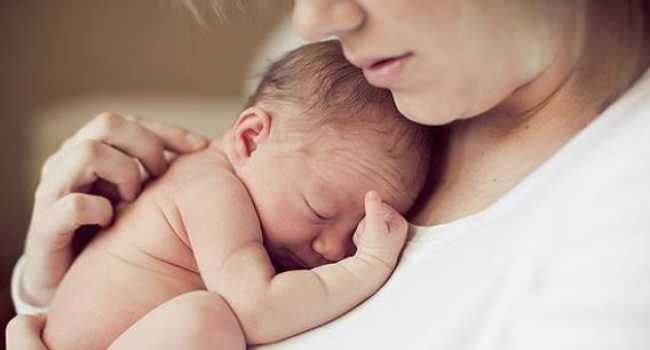Fear of litigation a key influence on caesarean section rates
 13:30 4 August, 2018
13:30 4 August, 2018Fear of litigation is a major factor in the decision to perform a caesarean section, it has emerged.
Researchers at the School of Nursing and Midwifery at Trinity College Dublin (TCD) analysed the views of 7,785 obstetricians and 1,197 midwives from 20 countries.
Their systematic review, part of a study funded by the Health Research Board (HRB), offers an insight into factors influencing the rising rate of caesarean sections worldwide.
About one in three births in Ireland is now by either elective or emergency caesarean section.
The researchers looked at all of the primary research studies that have been published over the last 24 years.
The fear of being sued was a “major and significant” influence on the decision to perform a caesarean section.
Clinicians were also worried about legal consequences arising from complications during a vaginal birth, despite evidence that it is safer and associated with fewer complications.
Their decision was also influenced by their perception of the small degree of risk involved in performing a caesarean section and that it was a ‘safe’ procedure compared to vaginal birth.
Personal convenience for obstetricians also influenced decisions to perform a caesarean section rather than aim for a vaginal birth. They regarded a caesarean section as an organised, orderly, convenient, and controlled birthing option, compared to attempts at vaginal birth and having to be available day and night throughout labour.
However, midwives’ perspectives differed; they viewed convenience as a cause of unnecessary caesarean section. Researchers found there was inter-professional conflict, differences in attitudes, and a lack of co-operation among midwives and obstetricians.
The influence of private healthcare systems was mentioned frequently by clinicians, together with financial payments or benefits to the hospital.
Other factors that affected the decision-making process were a lack of hospital guidelines or clinicians’ unawareness of the existing guidelines.
A woman’s request for a caesarean section was mostly influenced by her socio-cultural perspective.
The study, published recently in the journal PLOS One, suggests that obstetricians are more inclined than midwives to support a woman’s request for a caesarean section.
Lead author Sunita Panda, a PhD candidate and HRB research fellow, said Ireland was not among the countries included in the study but the findings would reflect the situation in Irish maternity hospitals.
Chair of nursing and midwifery in TCD, Prof Cecily Begley, who is also co-author of the study, said clinicians often have multiple reasons for deciding to perform a caesarean section.
However, the key issue is the justification of these reasons and the impact of the decision on the mother and baby,” she said.
Prof Michael Turner from University College Dublin’s Centre for Human Reproduction at the Coombe Women and Infants University Hospital was a collaborator on the research study.
“This innovative research is important because the evidence is that caesarean section rates are continuing to escalate and have not yet plateaued.
“About one in three births in Ireland is now by either elective or emergency section,” he said.